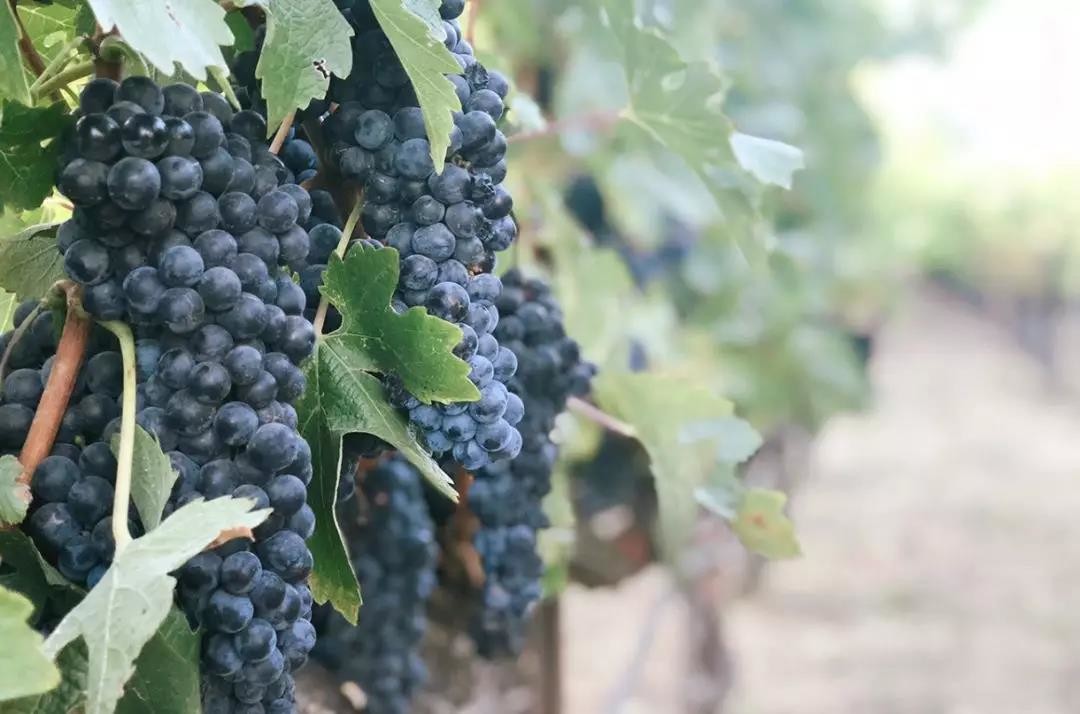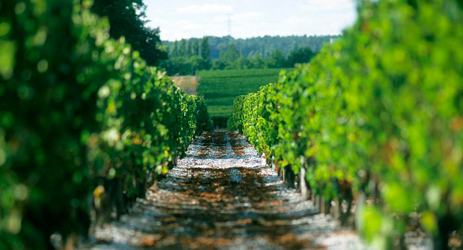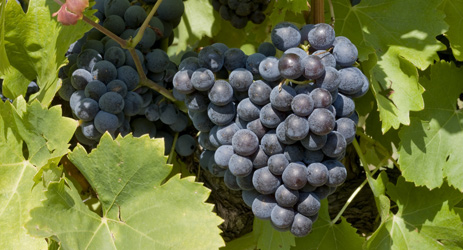Credit: Decanter
Made from hybrid vines, they are produced under the Vin de France labelling rules.
Similarly, in Spain, after three decades of research, Bodegas Torres will shortly begin sales of their new ‘ancestral’ wines.
Hybrid vs ancestral
Although reasons for planting hybrid or ancestral vines are similar, the two have very different backgrounds. Hybrids are traditional European vitis vinifera vines crossed with other breeds, while ancestral varieties are ancient vine types that fell into disuse.
For both, advantages include their ability to better withstand heat, drought and disease. The last means few to zero mildew treatments are required.
They also tend to ripen either later or earlier than the norm, and avoid the issues of sugar levels rising out of sync with overall phenolic ripeness and overly high alcohol levels.
At the hybrid end, Bordeaux’s Vignobles Ducourt is now selling commercial levels of red and white Metissage. The red is a Cabernet-Jura and the white a Cal604 or Sauvignac – a cross between Sauvignon, Riesling and wild vines. Both have a 12.5% alcohol level.
Click to see the full article on Decanter Premium>>

Translated by ICY
All rights reserved by Future plc. No part of this publication may be reproduced, distributed or transmitted in any form or by any means without the prior written permission of Decanter.
Only Official Media Partners (see About us) of DecanterChina.com may republish part of the content from the site without prior permission under strict Terms & Conditions. Contact china@decanter.com to learn about how to become an Official Media Partner of DecanterChina.com.





Comments
Submit